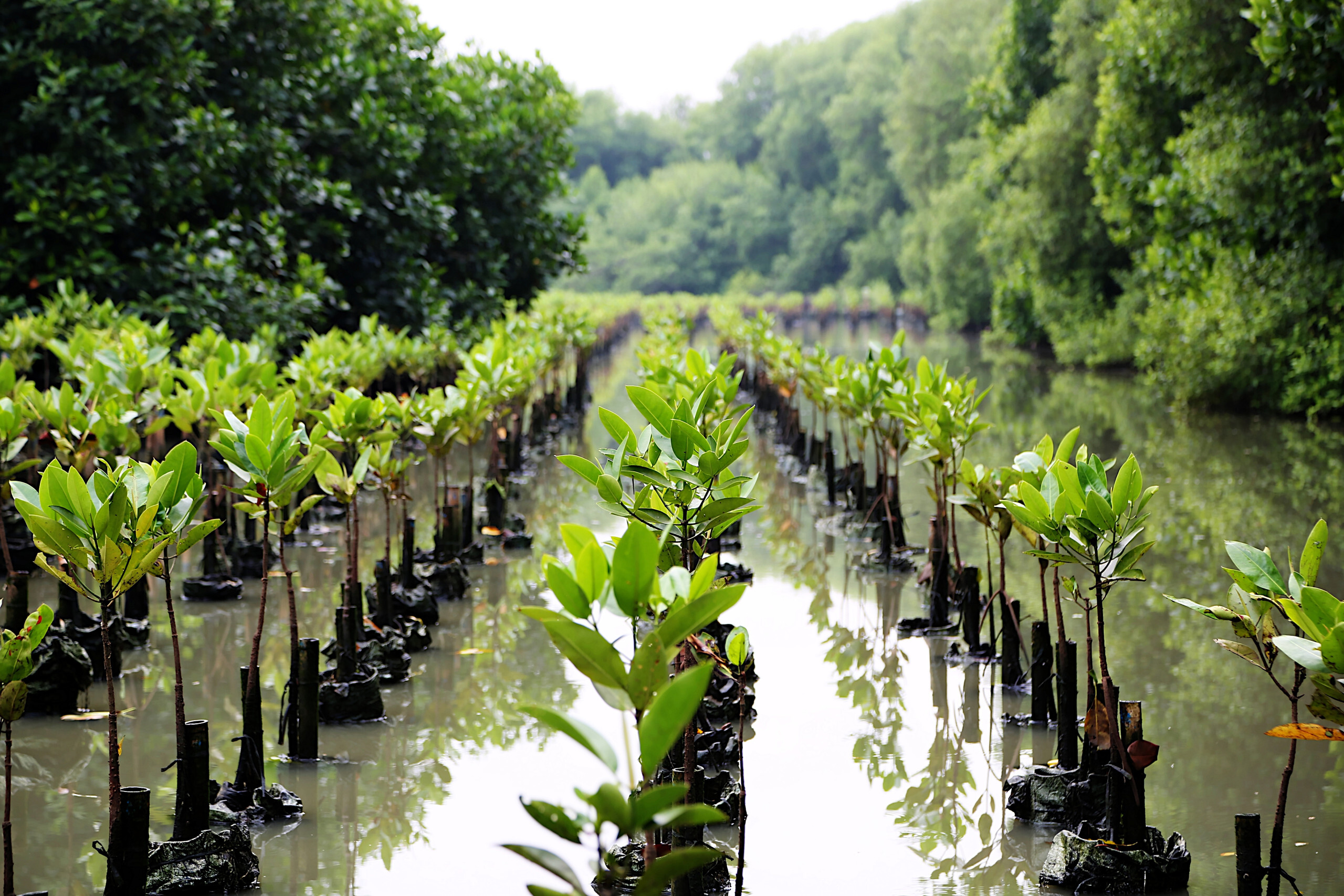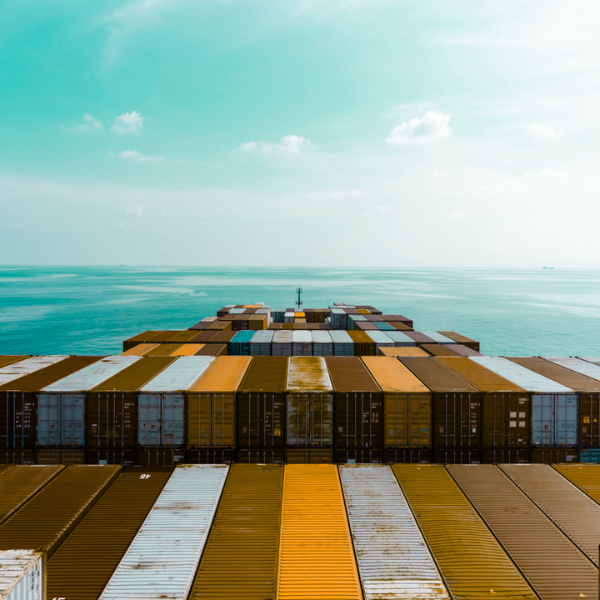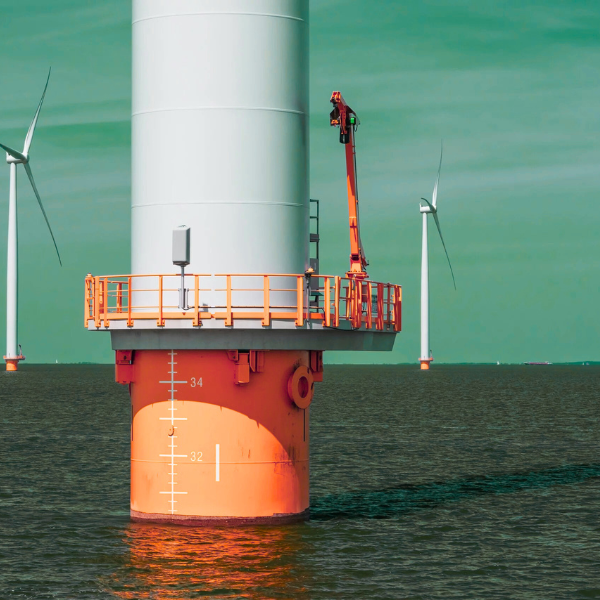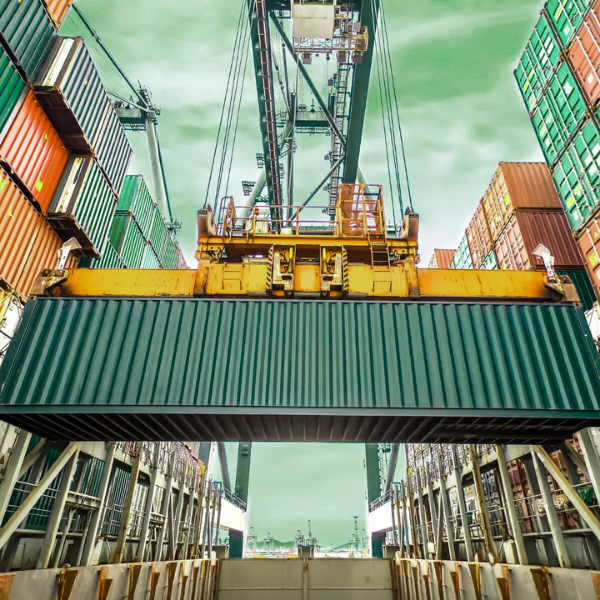Case Studies
Filter by:
- All
- Cambridge Econometrics
- All
- Regional Economic Development
- Economic Modelling
- Future of Work
- Greening the Economy
- Impact Assessment
- Policy Evaluation
- Strategic Planning
- Sustainable Investment
Decent Work In Nature-Based Solutions 2024: Unlocking Jobs Through Investment in Skills and Nature-Based Infrastructure
Investing in nature-based infrastructure creates millions of jobs, benefits women and youth, and requires future skill development, enhancing global employment and environmental sustainability.
cambridgeeconometrics
greeningtheeconomy futureofwork

Massachusetts Downtown Initiative Program: Quantifying the Outputs and Impacts of the Hudson Business Improvement District
Impact study reveals Hudson BID's positive effects on local business performance, visitor numbers, and job creation since its 2018 inception. Read the full analysis and key findings.
cambridgeeconometrics
regionaleconomicdevelopment

Appalachian Regional Commission: Analyzing the Key Export-Orientated Industry Clusters, Trade and Transportation in Appalachia
Discover the key export-oriented industry clusters driving economic growth in Appalachia, and understand their transportation needs and global trade connections for strategic development.
cambridgeeconometrics
regionaleconomicdevelopment

Banca Transilvania: Estimating the Impacts of a Social Bonds Portfolio in Romania
Analyzing Banca Transilvania's social bonds, this study reveals significant positive impacts on Romania's MSMEs, boosting economic output and employment across diverse regions and demographics.
cambridgeeconometrics
strategicplanning

Cambridge Econometrics
Banca Transilvania: Estimating the Impacts of a Social Bonds Portfolio in Romania
Northern Powerhouse Partnership: Financing the Transition to Net Zero in the North of England
Financing the transition to Net Zero in North England offers economic growth by attracting investments, boosting productivity, and creating jobs, with public-private partnerships playing a crucial role.
cambridgeeconometrics
strategicplanning

UNDP Vietnam: Tailored Approach to Modelling Employment Impacts of Green Transport Development Policies
Cambridge Econometrics developed the first application of a non-equilibrium whole-economy simulation model in Vietnam. The modelling showcased substantial benefits to employment and green jobs of delivering 2030 emissions reduction targets in the road transport sector.
cambridgeeconometrics
impactassessment futureofwork economicmodelling

The Massachusetts Department of Transportation: Evaluating the Economic Benefits of Complete Streets Investments in Massachusetts
Evaluate the economic impacts of MassDOT's Complete Streets program on local property values and business activity through detailed case studies and analysis by Cambridge Econometrics and Kittelson Associates.
cambridgeeconometrics
regionaleconomicdevelopment

Tees Valley Combined Authority: Industrial Decarbonisation Cluster Plan Economic Impact Analysis
Economic analysis reveals that industrial decarbonisation in Tees Valley could boost jobs and GVA, supporting green industrial growth by 2040.
cambridgeeconometrics
regionaleconomicdevelopment

Western Mass Economic Development Council: Transformative Economic Investment Strategy in Western Massachusetts
We led strategic economic investment planning for Western Massachusetts, identifying food science, advanced materials and clean energy as key growth sectors.
cambridgeeconometrics
regionaleconomicdevelopment

The Nature Conservancy: Assessing the Economic Benefits of Decarbonization in Florida
Discover the economic benefits of decarbonization in Florida, including potential growth in employment and gross state product through strategic investments by 2050.
cambridgeeconometrics
greeningtheeconomy economicmodelling

GridLab: Assessing the Economic Impacts and Supply Chain Development of Offshore Wind in the US
Exploring the economic impacts and supply chain growth of US offshore wind, highlighting job creation, regional potential, and key findings from Cambridge Econometrics' in-depth analysis.
cambridgeeconometrics
greeningtheeconomy

Wenham Master Plan: Quantifying the Economic and Fiscal Impacts of Potential Development in Wenham, MA
Understanding how new commercial development in Wenham, MA can shift the town's tax burden from residential properties and meet revenue benchmarks.
cambridgeeconometrics
regionaleconomicdevelopment

Greater London Authority: Impacts of Brexit on London's Economy
Comparing a central scenario to one in which the UK stayed in the Customs Union and Single Market, by 2035, Cambridge Econometrics projects that London’s economy would have grown faster if Brexit hadn’t taken place.
cambridgeeconometrics
policyevaluation impactassessment

GIZ: Modelling Current and Potential Green Jobs in Jordan
First-ever green jobs assessment for Jordan by GIZ and Cambridge Econometrics reveals potential for 113,000 new green jobs by 2030 through six green initiatives.
cambridgeeconometrics
futureofwork

Appalachian Regional Commission: A Fresh Assessment of the Freight Network in Appalachia
Fresh insights on Appalachia's freight network, highlighting key trends, challenges, and economic contributions from a comprehensive Cambridge Econometrics study.
cambridgeeconometrics
regionaleconomicdevelopment

Strategic Perspectives: Turning the European Green Deal into Reality
Exploring the European Green Deal's impact by 2030: phasing out coal, boosting renewables, cutting energy costs, and creating jobs amid challenges and opportunities.
cambridgeeconometrics
impactassessment

European Climate Foundation: Modelling the Socioeconomic Impacts of Zero Carbon Housing in Europe
Exploring the socioeconomic benefits of zero carbon housing in Europe, including energy efficiency, pollution reduction, cost savings, and job creation by 2050.
cambridgeeconometrics
greeningtheeconomy

Cedefop: Leading a Consortium for Cedefop to Produce the Skills Forecast 2023
Discover the key insights from The Skills Forecast 2023, predicting Europe's job and skills landscape up to 2035 amid green transitions and other major trends.
cambridgeeconometrics
futureofwork

Cambridge Econometrics
Cedefop: Leading a Consortium for Cedefop to Produce the Skills Forecast 2023
GIC: Integrating Climate Scenario Analysis into Investment Management – 2023 update
Discover how climate scenario analysis impacts investment portfolios and learn about GIC's strategies to mitigate climate-related risks in the latest 2023 update.
cambridgeeconometrics
sustainableinvestment

Cambridge Econometrics
GIC: Integrating Climate Scenario Analysis into Investment Management – 2023 update
International Labour Organisation: Modelling and Comparing the Employment Impacts of COVID-19 Crisis and Recovery Policies in Indonesia
Analyzing the employment impacts of Indonesia's COVID-19 recovery policies, estimating job creation across various sectors, and assessing the resulting economic and environmental effects.
cambridgeeconometrics
futureofwork

Franklin County Regional Council of Governments: An Outdoor Recreation Tourism Study of the Deerfield River Corridor
Explore the Deerfield River Corridor study by FRCOG, highlighting challenges and opportunities in outdoor recreation tourism and offering strategic recommendations for regional growth.
cambridgeeconometrics
regionaleconomicdevelopment

GridLab: Assessing the Economic Impacts of Decarbonization in Wisconsin
Economic benefits of decarbonization in Wisconsin: 68,000 new jobs and a 3% GSP boost by 2050 through clean energy investments and emissions reductions.
cambridgeeconometrics
economicmodelling

Pioneer Valley Planning Commission: Economic Recovery Scenario Planning and Strategic Roadmap
Creating a more equitable economy in Pioneer Valley through strategic planning and initiatives focused on workforce, homeownership, and small business growth.
cambridgeeconometrics
regionaleconomicdevelopment

ILO: Assessing the employment impacts of the Covid-19 economic crisis and recovery policies in Brazil
Assessing the employment impacts of Brazil's COVID-19 recovery policies using Cambridge Econometrics' E3ME model for sectoral and economy-wide outcomes.
cambridgeeconometrics
impactassessment

UK Corporate Leaders Group: Modelling Cost-Of-Living Crisis Policy Package That Supports Decarbonisation in the UK
Strategies addressing the UK’s cost-of-living crisis can also advance decarbonisation, offering long-term benefits for the economy, environment, and society, according to the UK Corporate Leaders Group report.
cambridgeeconometrics
greeningtheeconomy economicmodelling

Leicester and Leicestershire Local Enterprise Partnership: Economic Growth Strategy 2021-2030
Leicester and Leicestershire Local Enterprise Partnership commissioned Cambridge Econometrics to develop a new economic growth strategy for the area.
cambridgeeconometrics
regionaleconomicdevelopment

The United Nations Partnership for Action on Green Economy: Modelling an Inclusive Green Economy COVID-19 Recovery Programme for South Africa
Modelling the impact of green and conventional policies on South Africa's COVID-19 recovery, emphasizing accelerated decarbonisation and sustainability initiatives.
cambridgeeconometrics
economicmodelling

Climate Impact Assessment for the Central Bank of Hungary
Cambridge Econometrics conducted a Climate Impact Assessment for the Central Bank of Hungary, exploring different scenarios of global climate action and their risks, tailored for financial sector stress-testing.
cambridgeeconometrics

Regional Cooperation Council Secretariat: Assessing Gender Equality and Women Empowerment in the West Balkans Six
The Regional Cooperation Council Secretariat commissioned Cambridge Econometrics to assess gender equality and women's empowerment in the WB6 region.
cambridgeeconometrics
policyevaluation

Babraham Biotechnologies: Assessing the benefits of the Babraham Research Campus
Cambridge Econometrics worked with a team of consultants to identify and capture the benefits of the Babraham Research Campus to the Cambridge and UK economy.
cambridgeeconometrics
policyevaluation

Cambridge Econometrics
Babraham Biotechnologies: Assessing the benefits of the Babraham Research Campus
Mercer: Assessing the Effects of Climate Related Physical Risks and the Transition to a Low-Carbon Economy
Commissioned by Mercer, ‘Investing in a Time of Climate Change – The Sequel’ presents the results of climate scenario analysis assessing the effects of climate related physical risks and the transition to a low-carbon economy.
cambridgeeconometrics
sustainableinvestment economicmodelling

Joseph Rowntree Foundation: Modelling the Impact of Brexit on Poverty in the UK
Cambridge Econometrics was commissioned by the Joseph Rowntree Foundation to explore the impact of Brexit on poverty in the UK, focusing specifically at the poorest 1/5th of households.
cambridgeeconometrics
impactassessment economicmodelling

Cambridge Econometrics